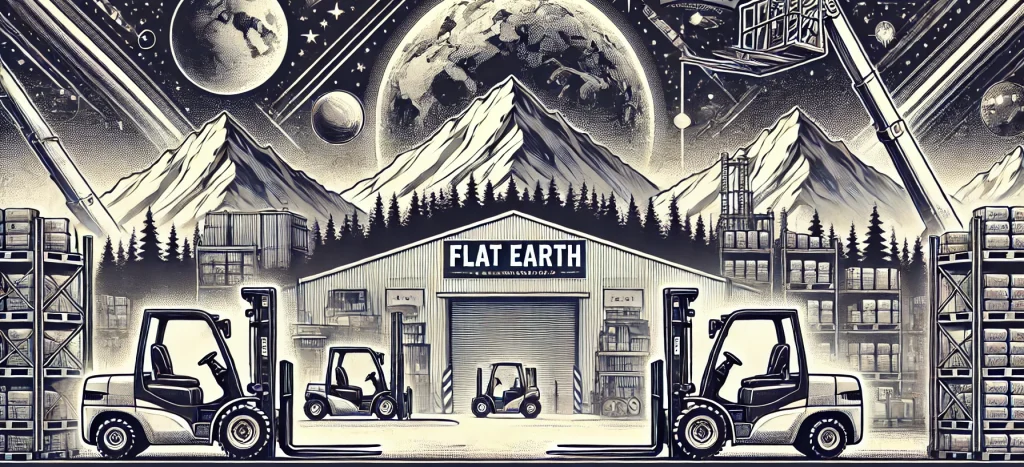Introduction
Operating forklifts in cold storage environments presents unique challenges, significantly impacting their performance and safety. The extreme temperatures of freezer warehouses can reduce battery life, thicken hydraulic fluids, and increase mechanical wear. This blog post highlights the importance of using specialized forklift parts and accessories designed for cold storage to ensure operational efficiency and safety. Understanding the right selection and maintenance of these parts is crucial for businesses relying on forklift operations in cold conditions.
Understanding the Impact of Cold on Forklift Operations
Cold temperatures can severely affect forklift operations. Batteries may lose capacity more quickly, leading to reduced operational time and increased downtime for charging. Hydraulic fluids can thicken at low temperatures, making machinery harder to operate and potentially causing damage. Mechanical components are also at risk, as cold can make metals more brittle and lubricants less effective, increasing wear and tear. Addressing these issues with the right forklift parts is essential for maintaining productivity and extending the lifespan of your equipment.
Essential Forklift Parts for Cold Storage
Batteries and Power Systems
Choosing the right batteries and maintaining them properly is vital for forklift operations in cold storage. Opt for batteries designed to withstand low temperatures, which can help maintain charge capacity and reduce the risk of power loss. Regular maintenance routines, including proper charging and storage practices, are essential to prevent reduced performance or damage.
Hydraulic Fluids
The selection of hydraulic fluids is critical for cold storage operations. Standard fluids may not perform well, leading to increased wear or damage to hydraulic systems. Specialized hydraulic fluids designed for low temperatures remain fluid and effective, ensuring smooth operation and protecting against damage.
Lubricants
Cold-resistant lubricants are essential for preventing mechanical failures. These lubricants are formulated to retain their properties in cold environments, ensuring that moving parts remain well-lubricated and reducing the risk of wear and tear.
Accessories to Enhance Cold Storage Forklift Functionality
Cabin Heating and Insulation
Operator comfort and safety are paramount in cold storage environments. Heated cabins and proper insulation can help maintain a comfortable and safe working environment, reducing the risk of accidents and improving productivity.
Cold-Resistant Tires
Tires designed for cold environments can significantly improve forklift handling and safety. These tires maintain traction and flexibility at low temperatures, ensuring stable and efficient operation on icy or cold warehouse floors.
Protective Covers and Seals
Protective covers and seals safeguard sensitive forklift parts from cold and moisture, preventing damage and extending the equipment’s lifespan. These accessories are crucial for maintaining the functionality and reliability of forklifts in freezer warehouses.
Operational Best Practices in Cold Storage
Operating forklifts in cold storage requires careful preparation and maintenance. Pre-shift checks should include verifying the condition of batteries, hydraulic fluids, and lubricants. Adjusting operations for cold conditions, such as allowing more time for the forklift to warm up, can prevent damage and maintain efficiency. Post-shift maintenance is also crucial, ensuring that forklifts are ready for their next use.
Conclusion
The selection and maintenance of specialized forklift parts and accessories are crucial for operations in cold storage environments. By understanding the impact of cold on forklift operations and addressing these challenges with the right equipment, businesses can ensure safety, efficiency, and the longevity of their forklifts. Emphasizing the importance of proper equipment selection, this guide underscores the need for businesses to invest in quality forklift parts and accessories tailored for cold storage to maintain operational excellence in challenging conditions.
